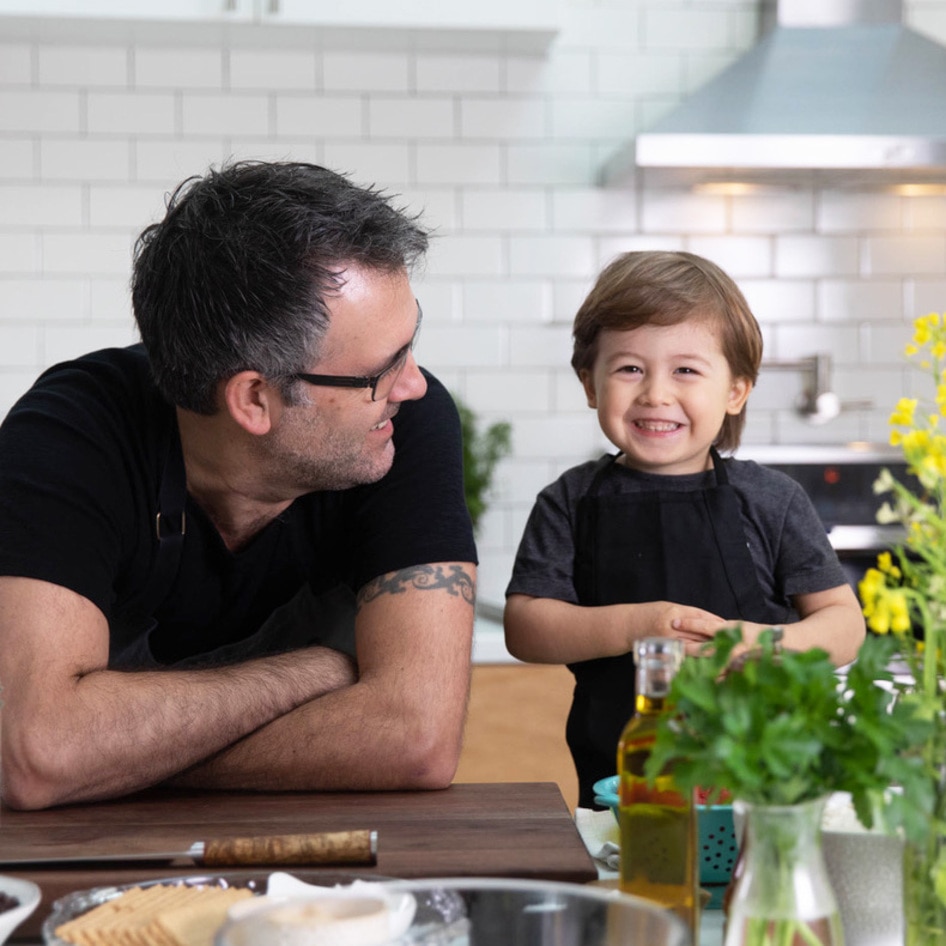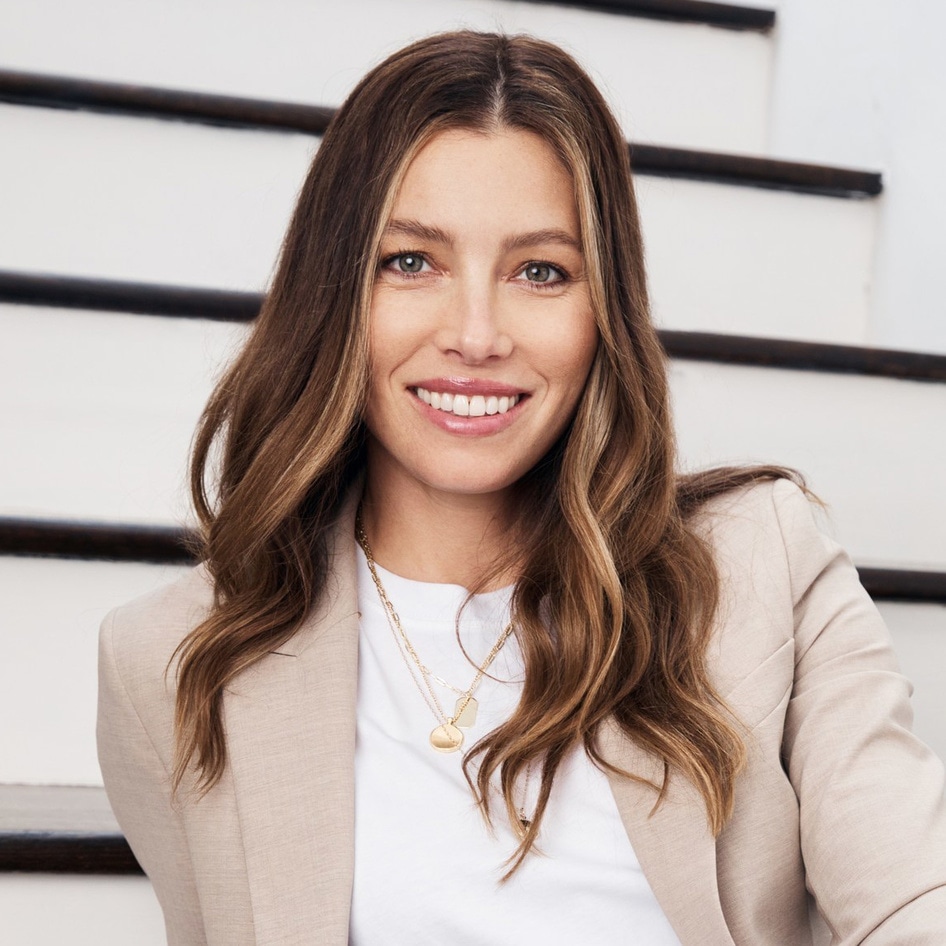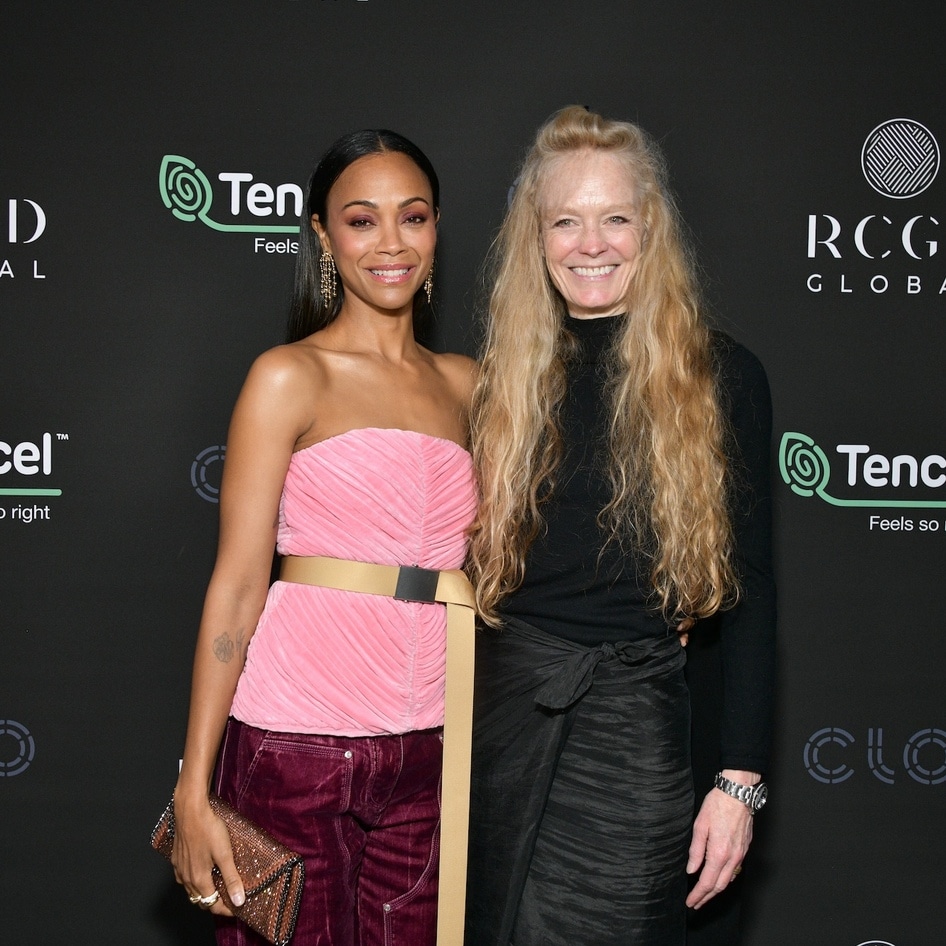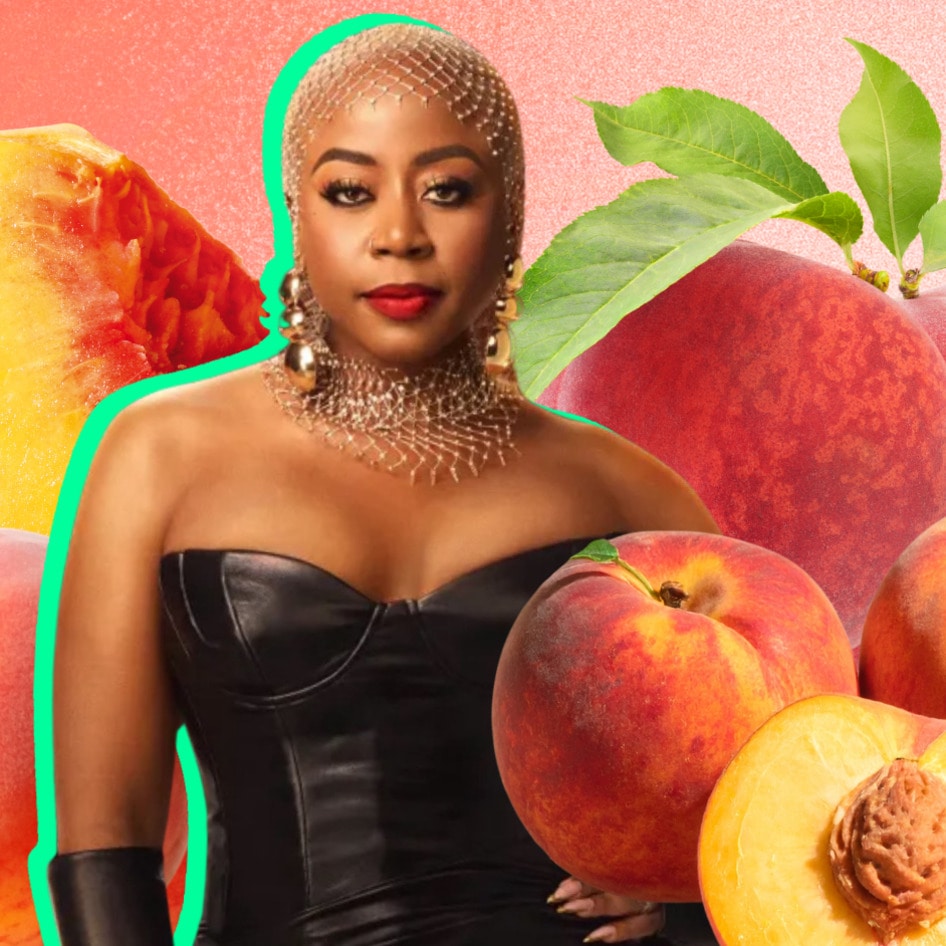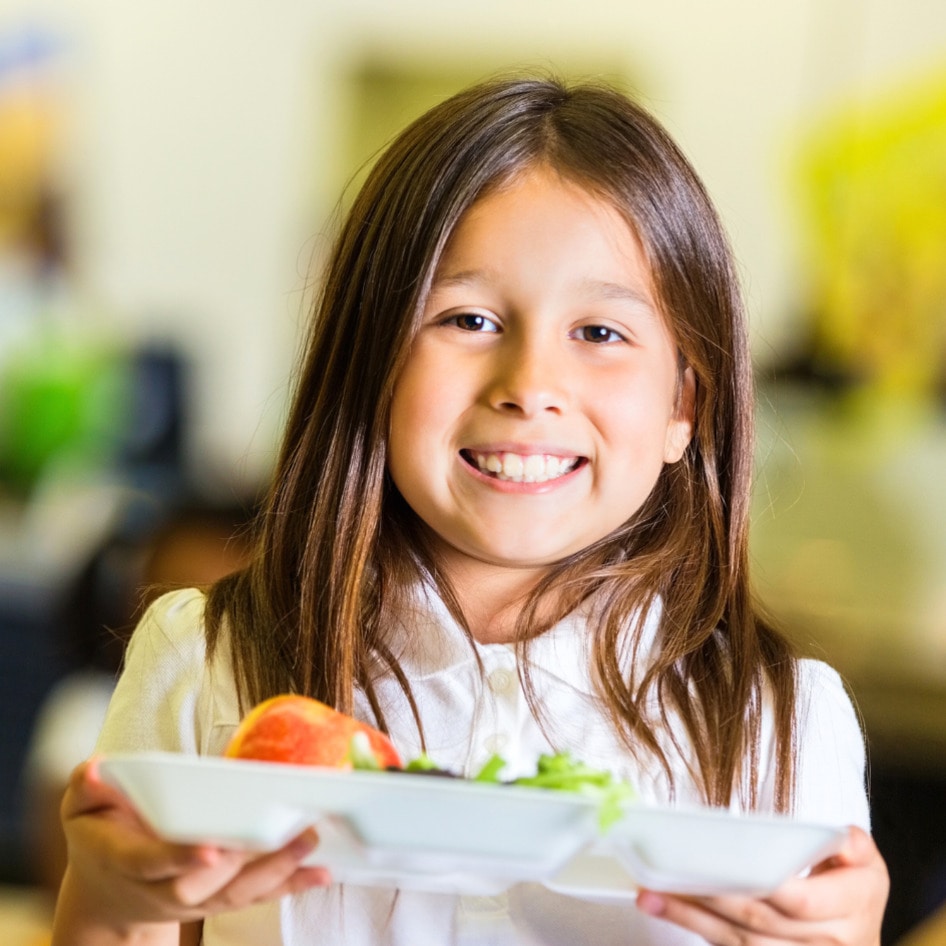Imagine a school that is tailored to every student. Each child is seen as an individual, with their own unique learning styles. Students are encouraged to pursue their passions instead of being forced to adhere to the Common Core standards, and the food they are served for lunch is not only vegan, but sustainable to a point that has earned the cafeteria the Green Restaurant Association’s Greenest Restaurant in the World award. This school isn’t a fantasy, nor is it an exclusive boarding school tucked away somewhere in the Blue Zones. MUSE School is a pioneering learning institution with over 200 students, ranging from 2 years to twelfth grade, setting a foundation for more compassionate, sustainable, and effective childhood education since 2006. Co-founder Rebecca Amis, sister of Suzy Amis Cameron, sat down with VegNews to chat about MUSE’s dedication to environmentalism, a plant-based food system, and passion in education.
Finding her MUSE
Amis’ experience in education is unorthodox, but one may argue she is more qualified as an educator because of it. In college, she found interest in child development and psychology. She let go of her desire to become a writer and earned an MS in Child Studies. She has been pushing for child-centered education ever since, serving in a number of roles that primed her as an excellent candidate to become the Chief Innovation Officer of MUSE School in 2006, along with her sister and environmental advocate, Suzy. From the beginning, Amis stressed that some of the school’s founding principles were non-negotiable. These included student-centered learning, specifically educated teachers, teacher-child reciprocal respect, and an environmental focus. Everything from the school’s building materials to the cafeteria food, and even the classroom supplies, were taken into consideration to ensure the operation reflected a conscious and sustainable learning environment.
The first vegan school in the US
It was this dedication to sustainability that triggered the move toward a completely vegan cafeteria in 2015. Amis noted that despite the faculty and parents’ acceptance of the school’s progressive learning model, many reacted against this new plant-based model. However, the Amis forged ahead, making the transition easier by bringing in plant-based experts to educate parents about plant-based nutrition. While some families did pull their children out of the school, others wanted in, contributing to a significant waiting list. In fall 2015, MUSE School became the first primary and secondary school in the U.S. to implement a completely vegan cafeteria, effectively lowering its carbon footprint and earning various sustainability awards, such as the aforementioned Greenest Restaurant Award. The school has also implemented the Seed to Table program, which offers “a hands-on way for students to learn about the connection between their everyday food choices, their health, and the health of our environment,” explained Amis.
Taking baby steps
While MUSE is still a small institution with more flexibility to implement change, Amis noted that it is possible for larger public schools to improve their service to their students and the environment. She told VegNews, “I believe public schools can truly implement new ideas, but it has to be in small increments. Baby steps. Have a small group of potted herbs or vegetables in your classroom. Implement passion projects each month or semester, on a small scale. Bring in speakers. Follow the children’s lead. Fold in their interests. Many public schools are mandated on a strict schedule, but there is room to start doing things with baby steps.” The Amis also follow this “baby step” philosophy in regards to plant-based eating. Suzy recently published a book, OMD: The Simple, Plant-Based Program to Save Your Health, Save Your Waistline, and Save the Planet, which encourages readers to eat plant-based for just one meal a day. The MUSE School embodies this philosophy, not pushing parents to go vegan themselves or creating militant vegans amongst the students. It’s all about education and choice.
Attraction, not promotion
“I hope that everyone always feels like they have choices on this planet,” said Amis. “As long as we are informing people of the choices we make and why, then I can feel serene and peaceful knowing we are living consciously with ourselves, one another, and the planet.” Amis herself has three children, one of which has done the research and fully committed to a vegan diet. She believes that given the dignity to make their own choices, and when provided with the right examples, people will be more open to a life of compassion and conscious living. “I believe in an attraction rather than a promotion model to anything. If you see it working for me or anyone else for that matter—whether it’s an education or lifestyle model—you might give it a try.”
Tanya Flink is a Digital Editor at VegNews as well as a writer and fitness enthusiast living in Orange County, CA.
JUMP TO ... Latest News | Recipes | Guides | Health | Subscribe

